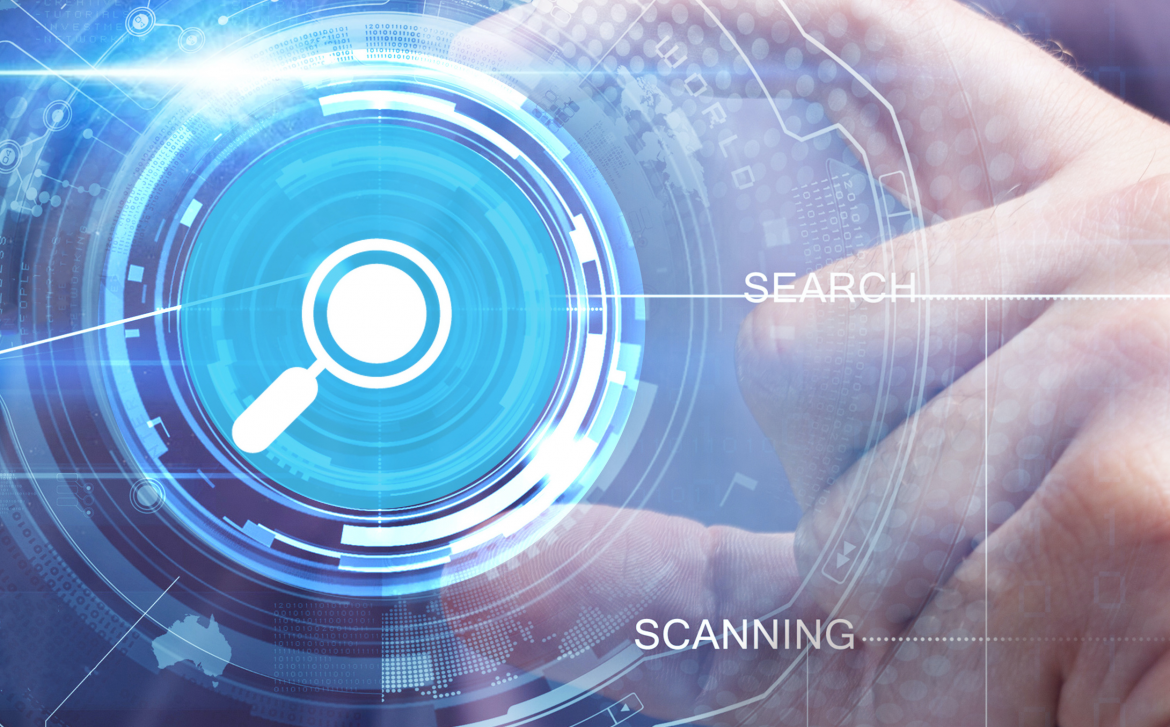Today, data is a coveted resource across all sectors, and healthcare is no exception. An economic sector in its own right, it represents 11.2% of France’s GDP (according to the OECD) and drives the country’s growth. Harnessing medical data is not only of financial benefit, it is also instrumental for innovation in research and the health tech sector. However, the way such data is handled raises many ethical questions. The sovereignty of this data is a critical issue for large economies such as France, but this is not always fully understood.
Highly sensitive data should not be handed over to just anyone
In early summer, the television program “Cash Investigation” made a shocking revelation. It involved CNIL, France’s national data protection body, and IQVIA, the largest American health data broker in the world. CNIL authorized IQVIA to collect critical information such as social security numbers, names and issuance data from French health insurance cards (carte vitale). This came as quite a surprise to the public, unaware that their data would be shared in this way by several French pharmacies. It is no wonder people were taken aback – under the European General Data Protection Regulation, data processors are obliged to inform data subjects that their information is being processed in this manner.
No European would welcome their confidential medical information traveling to the other side of the world without their consent or any control over how that information is used. French culture values confidentiality. One cannot handle personal data however they please – it is provided with a high level of trust. As much as sending data abroad is not a viable option, there also are accredited, efficient operators in France that can host this strategic information subject to stringent European regulations.
Most importantly, this sovereignty doesn’t just protect European citizens, it also helps to reinforce their economic power. It is therefore of the utmost importance to maintain control over citizens’ health data and avoid subjecting it to extraterritorial (non-European) legislation which in no way guarantees its security.
Valuable data drives innovation and advances research
Beyond the economic aspect, this data is also of strategic value, as data can be used to develop new, innovative services that will improve public health and quality of life in the future. The French government is fully aware of this, as it recently announced an investment of €2 billion to accelerate digital transformation in the healthcare sector.
Choosing to host health data in a European Cloud that is both SecNumCloud qualified and HDS certified – the most advanced security certifications – ensures that the data will be stored in accordance with strict regulations. This offers the research community and HealthTech start-ups new opportunities for innovation through information sharing. Recently, many people have been wondering how a vaccine could be produced in only a few months. In fact, this feat was made possible thanks to data-driven digital tweens and continual process simulation powered by Cloud infrastructure.
Today, this data is being used by many French and European start-ups – in accordance with the data protection rules imposed by the EU and storing it in sovereign, certified Clouds – to develop health services that will make the medical system more efficient and economical. For instance, in France, ExactCure (article in French) is developing promising technology that simulates the efficacy and interaction of medications in a patient’s body based on personal characteristics such as age and sex, liver condition, genotype, lifestyle and any other parameter that has been proven to have an impact on a given treatment. It is one of many examples of how a sovereign Cloud can be used to advance science in a way that also respects health data.
The original article in French is available here.

